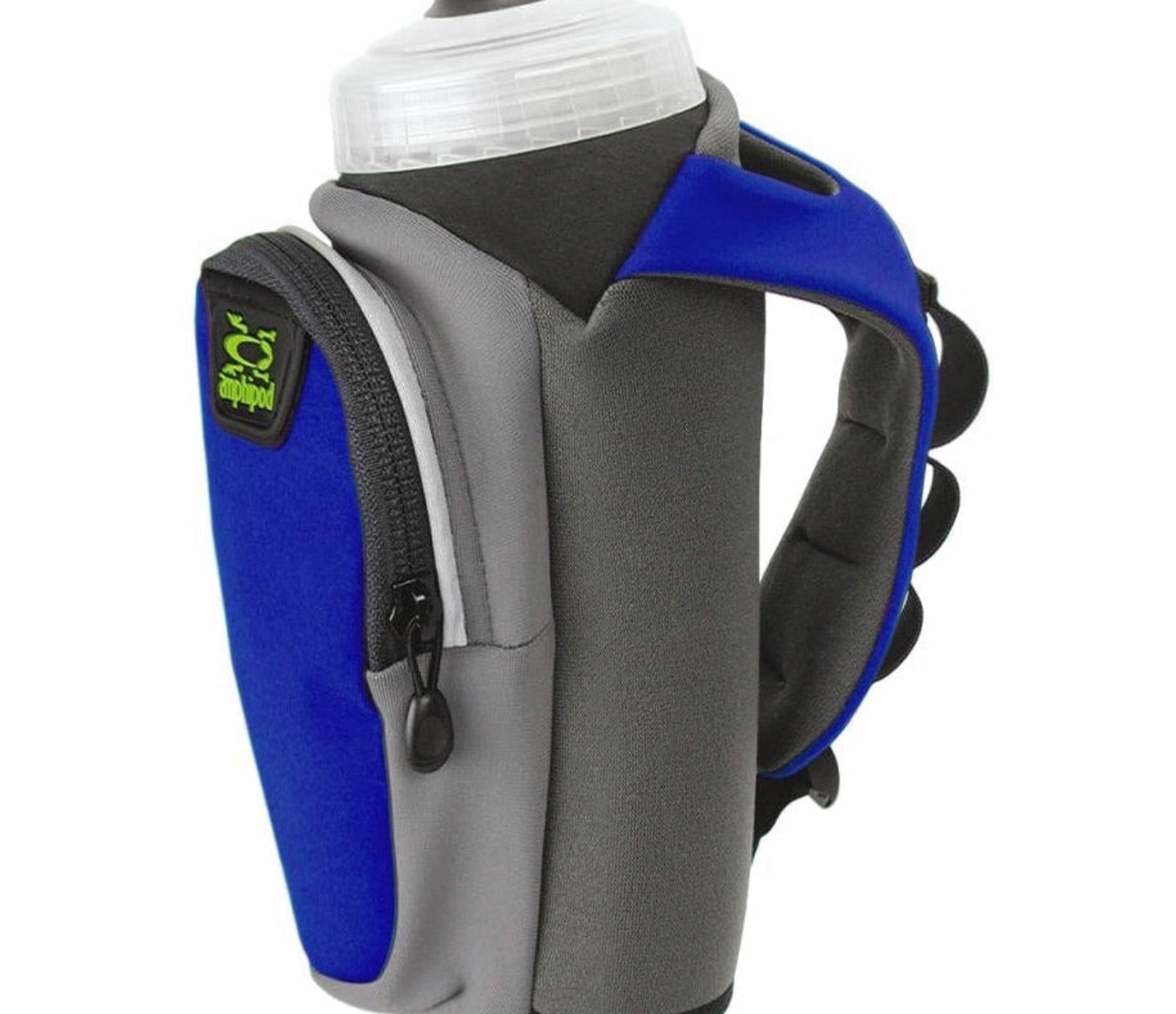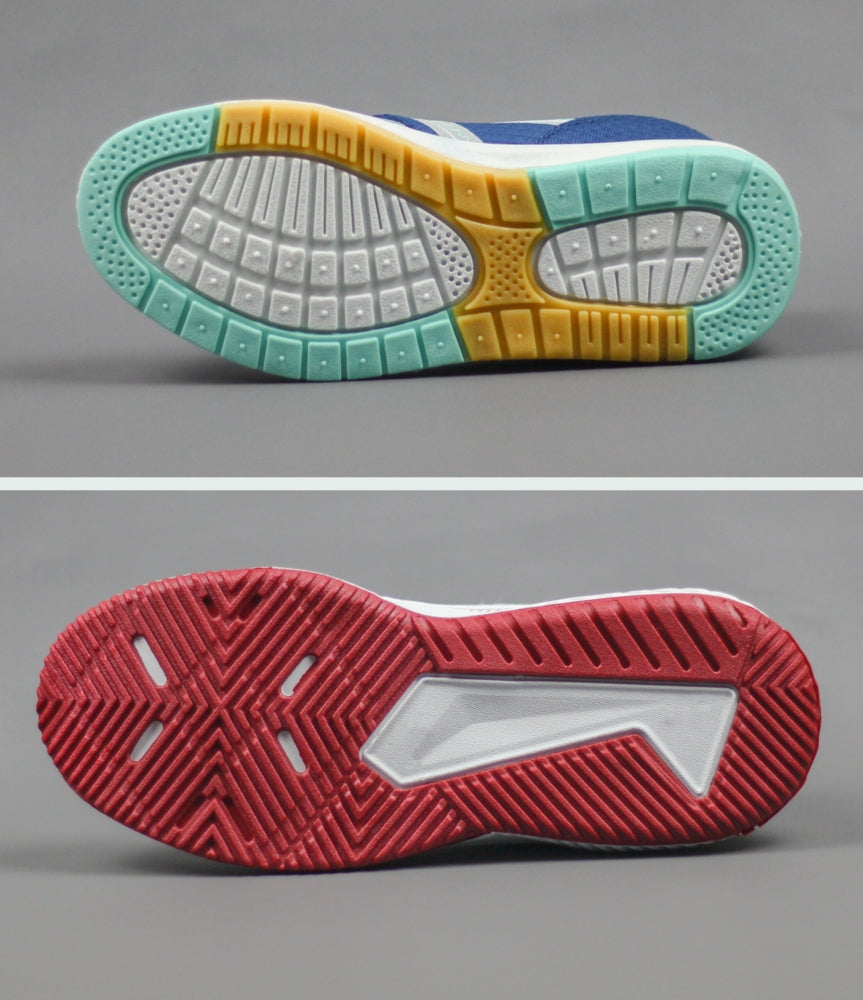Whether through careful planning and deliberation or good old-fashioned peer pressure, you’ve signed up for your first marathon. Now that the initial excitement and shock have dissipated, you may be realizing you have no idea what you’ve gotten yourself into. That’s fair enough. The marathon is a daunting distance even for the most experienced runners. Luckily, you’re following in the footsteps of millions of runners before you who know what to expect.
Here’s what you need to know about training for and running your first marathon.
Training
Your life is about to change
If you thought running was a big part of your life before, well, you ain’t seen nothing yet. Yes, you’ll be running more than you ever have before, but you’ll also be thinking about running more from planning long run routes to searching for gear for all the little issues and problems that arise during training to testing hydration and nutrition strategies.
It can be easy to let running completely take over your life, and to some extent it inevitably will. After all, you’re going to be spending 2-4 hours every weekend on a single long run. Still, it’s important to keep a balance. Your training and marathon race won’t go well if you’re miserable for the entire training cycle.
Get plenty of sleep
Let’s face it: You’re going to be tired a lot during a marathon training cycle. As a general rule of thumb, you should be getting a minute more of sleep per night for each mile you run per week. For example, if you normally function on eight hours of sleep each night and are running 30 miles per week training for a marathon, you’ll want to get 8 ½ hours each night. If you’re running 60 miles per week, you’re looking at nine hours of sleep.
As former American record holder in the marathon and 2004 Olympic Marathon bronze medalist Deena Kastor says, “There is no such thing as overtraining, just under resting.” Rest is just as important as the running itself, so make sure you’re getting enough.
Unexpected items will become essentials
Items that you might have previously thought superfluous will quickly become essential. A foam roller or massage gun? When you’re running casually, they might not seem worth the effort or, let’s be honest, the price. But when your long runs regularly exceed two or three hours, anything that helps with recovery will feel like a lifesaver.
There are two non-negotiable items for marathon training. The first is shoes, obviously. Body Glide is a close second. I’m not kidding. You may think you’ve had chafing before, but unless you’ve run 16 miles on a chilly, rainy morning, you really haven’t. Body Glide – or any other anti-chafing balm – is your best friend in marathon training on race day. It’ll be the best $10 you’ll ever spend. Trust us.
Try out any gear you might use on race day
You don’t want to try anything new on race day. So, that means you need to try out a lot of things in training to figure out what works. This applies to everything from the shoes and outfit you’ll be wearing to how you’ll hydrate and fuel throughout the race. Especially on your long runs, try out outfits to confirm they don’t cause any irritation after hours of running and experiment with a variety of energy gels and chews to see which work best with your stomach.
If you’re going to run with a handheld water bottle, hydration belt, or vest, make sure you’re comfortable carrying and wearing them for multiple hours. Importantly, if your plan is to grab cups of water and Gatorade at aid stations, try to practice drinking out of a paper cup while running. It’s surprisingly tricky!
Race Day
Read the race website, then read it a few more times
The 24-to-48 hours before the start of your marathon can get quite hectic. You’ll have to go pick up your race bib and navigate the crowds at the race expo. You’ll have to wake up very early and find your way to the start of the race or get on a shuttle that takes you to the start of the race. You’ll probably then have to figure out bag drop and then squeeze your way into an appropriate starting corral. If you’re traveling add in the baseline unsettledness of not sleeping in your own bed and general confusion that comes with navigating a new place.
There will be specific processes for each of these that may be unique to your particular marathon. Fortunately, the answers to any questions you might have about where these things are and how best to get to them are probably on the race website, just sitting there ready for you to read them.
Running your first marathon is stressful enough as it is. You don’t need to add even more to it by missing packet pick-up or getting lost on your way to the race. Read the race website.
Plan for the worst
We all want our first marathon to start on time on a crisp fall or spring morning with accurate mile marks and well-stocked and staffed water and gel stops. We all want a pony, too. And while you may get all these things, you also may not. So, make sure you’re ready for situations that are less than perfect. An unexpected 10-degree drop in temperature on race morning or a planned gel station at mile 20 that isn’t there don’t have to ruin months of hard work.
Pack for all reasonably likely weather conditions. Carry a water bottle or an extra gel if you think you might need one. Wear a watch of your own so you know you’ll get the mile splits you need. If you’re ready for everything, nothing can throw you off your game.

Start at a pace that feels too slow, then go a bit slower
It’s literally a marathon, not a sprint. A fast first 5k is more likely to derail your race than a slow one. You have plenty of distance to make up time, but if your legs start getting fatigued early, it’s all over.
Focus on settling in to a pace that feels early. The energy you’ll expend surging and weaving through the crowd to save five seconds in the first mile will hurt you more than it will help.
In the early miles, try not to try. For your first marathon, the distance itself is going to be enough of a challenge. Don’t waste that energy early on.
Always grab water
As we mentioned above, grabbing water from volunteers and drinking out of paper cups while running is a tricky business. You might not feel that you need water three miles into a race on a chilly morning, but you should grab something anyway for the practice. Getting into a rhythm at the early stations will ensure you don’t spill the cup of water you desperately need at mile 18.
It should also be said that you might also need the water. Don’t be a hero and skip the water. You’ll thank yourself in a few hours.
Stay calm
The start of a race can be stressful. It’s crowded, and people are weaving and shoving around to move into a position they want. There’s no reason to get caught up in that. If your first 5k is a few minutes slow, who cares? You have 23 miles to make it up. It takes enough energy to run 26.2 miles, so don’t waste it surging past people or stressing about positioning. You’ll end up where you need to be when things spread out in a few miles.
There will also come a time when you think about dropping out. There may even be multiple such moments over the course of the marathon. It’s a long race and you’re going to go through a lot of feelings and emotions. Trust your training and don’t give into those doubts. Take a deep breath, relax your shoulders, and keep putting one foot in front of the other.

After the Race
Soak it in
You did it! You finished your first marathon. You may be pumped up or you may be totally gassed. If you’re the former, give it an hour or two. Either way, enjoy the accomplishment. You may be surrounded by hundreds of people who have just finished a marathon, but what you’ve accomplished is unique and the product of a lot of hard work. Allow yourself to feel good about it. Carry the medal around. Grab that post-race beer or mimosa. You did something not many others have done.
Focus on recovery
The marathon takes its toll, whether you completed the course in three hours or six. While you shouldn’t run in the first few days or weeks after your marathon, it can help to be active. Try to get out for some walks in the first week to stretch the legs out and get the blood flowing. You’ll feel terrible for the first few steps, but I promise you’ll feel like a new person by the end.
And, while it’s important to celebrate your accomplishment, you’ll also still want to focus on the good habits you built during training. Eating and sleeping well in the initial days after the race will get you feeling better quicker.




